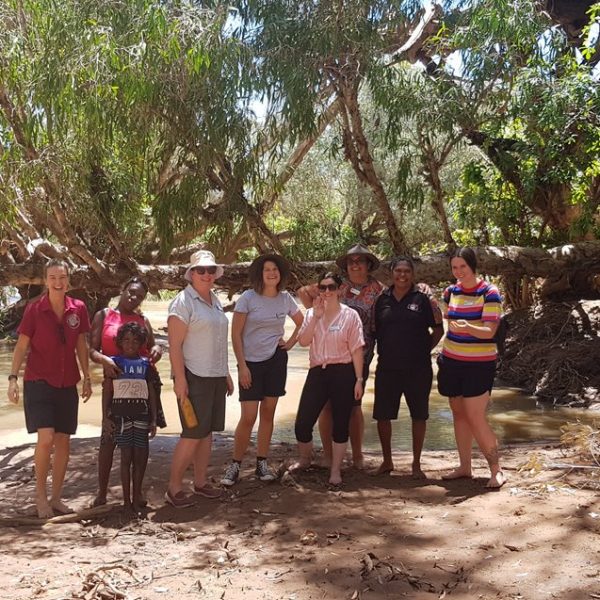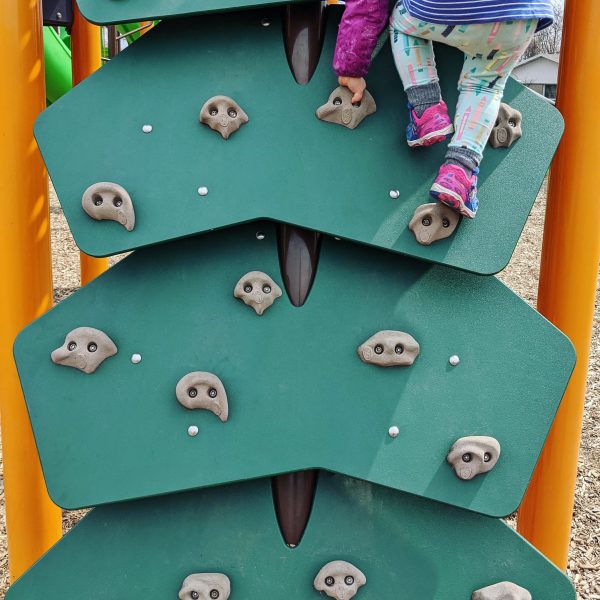Māori education expert offers guidance on teaching through First Nations culture

A Māori academic has visited regional Victoria to collaborate with the Kaiela Institute on ways to incorporate First Nations knowledge into formal mainstream education.
In New Zealand, Māori pathways are offered from preschool, and Tūhoe, Ngāti Awa man Professor Wiremu Doherty, chief executive at Te Whare Wānanga o Awanuiārangi, a Māori tertiary institution says such pathways “are truly nation building.”
Professor Doherty has a background in secondary education and advises the New Zealand Qualifications Authority on incorporating Māori knowledge into the national curriculum.
The key, he believes, is to teach through culture rather than about culture. By infusing Indigenous knowledge into curriculum, First Nations children become more successful at school or university.
Professor Doherty gave the Dungala Kaiela Oration in Shepparton recently, an annual event organised by Yorta Yorta think tank The Kaiela Institute and the University of Melbourne.
Kaiela Institute executive chair Paul Briggs OAM said the event challenged the Goulburn Murray region to “define its future — and to define its future with First Nations or Yorta Yorta people at its core”.
“The things that make us feel well and feel inspired, and the things that make us strong and resilient, are not present in the current Western methodologies of delivering [education],” he told The ABC.
His position was echoed by Barry Judd, the University of Melbourne’s Pro Vice-Chancellor (Indigenous) and a descendant of the Pitjantjatjara people, who said Australia had “a very long way to go” to achieve equality in education.
Recent figures show that Indigenous people are 15 times more likely to be unemployed, Professor Judd said, and any paths forward must consider the challenges of the past.
“I think that figure tells us a lot about inequities in the education system that start at birth and continue on through life,” he said.
“Within Māori, I describe my past as the days that hang in front of me. It informs my present and it also informs where I go tomorrow.”
“So our past and our history are incredibly important points that help define what we do today,” he told the ABC.
To read the original coverage of this story, please see here.
Popular

Economics
Policy
Provider
Workforce
Prime Minister Albanese backs Tasmanian Labor’s childcare plan, highlights national early learning progress
2025-06-30 10:42:02
by Fiona Alston

Economics
Provider
Quality
Practice
Policy
Workforce
South Australia announces major OSHC sector reforms aimed at boosting quality and access
2025-06-30 09:49:48
by Fiona Alston

Events News
Marketplace
Practice
Provider
Quality
Research
Workforce
How do you build and keep your dream team? ECEC Workforce and Wellbeing Forum tackles the big questions
2025-06-24 15:20:53
by Fiona Alston












